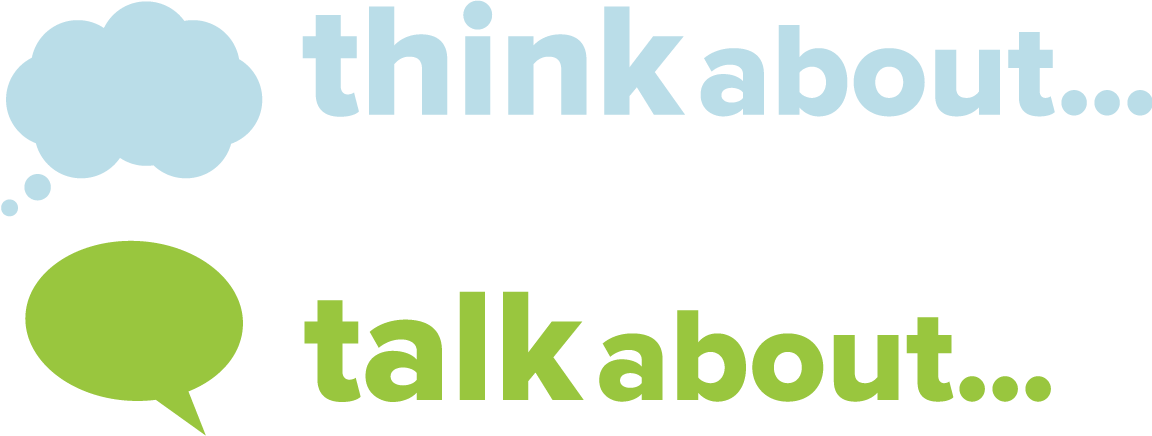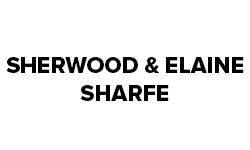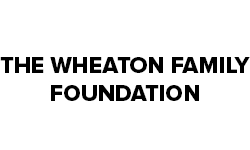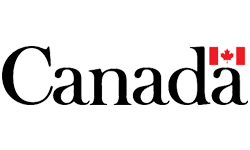Learning Plan
In this inquiry students will:
- Understand that they can take care of the world by taking care of their belongings/
- surroundings.
- Know why it is important to care for the environment and show what they can do to take care of the environment. (Develop and demonstrate stewardship of the environment in daily actions, in an effort to promote balance and harmony. – RWK.2)
CITIZENSHIP INQUIRY
QUESTIONS TO GUIDE THE INQUIRY
Essential Questions – Guiding Questions
- How do needs differ from wants?
- Do we need everything we want?
- Are there some things that I could do without?
- How can my community reduce waste?
- How much waste do I create?
- How can I reduce waste?
- How can I care for my belongings/surroundings?
- How can I help others to care for the environment?
- What questions do students have about needs and wants?
- Post those questions.
Vocabulary
- environment
- recycle
- reduce
- reuse
- community stewardship
CONNECT TO TOPIC AND SURFACE STUDENTS’ THINKING ABOUT …
This section introduces the concepts and helps teachers gain an understanding of the current thinking of the class. Present essential questions and allow students to think about and talk about. Student answers will give teachers a baseline or beginning understanding of the amount of specific and incidental teaching required to explore these outcomes. Vocabulary is introduced and noted here. This section frames the “We do” portion of the lesson where teachers guide the initial structure of the inquiry.
Brainstorm with students place to look for information about recycling or composting. i.e. scientists, elders, local community brochures, picture books, community/city records. These resources become the resident experts and will be resources for student exploration/ research.
- Present essential questions to students at the start of the exploration of study. This is what students will explore throughout the unit of study and it will also be the questions students will be required to answer in some fashion at the end of the unit of study.
- Do we need everything we have? Do we need everything we want?
- How can I reduce waste? (connect to student first, move to home, then community)
- Check – Know – What garbage and waste is? Recycle, Reduce, Reuse mean?
- Ask students to guess – how much garbage or waste they produce in a day? A week?
- Surface students’ thinking or reasons as to why they made their guess.
- Come back to reasoning later to talk about the accuracy of their guesses and unpack their reasoning.
- If school currently has recycling and/or composting program, discuss with students what their understanding is of how the program works.
- Introduce concept of environmental stewardship – looking after the environment and the responsibility students have to try to protect and preserve the environment.
- Determine what the students know, understand, need to be able to do to master/answer the essential questions.
- Create K-W-L chart for classroom.
DEVELOPING UNDERSTANDING
This section is the core of the lesson. It describes the main activity(ies) involved. In inquiry-based learning, the teacher facilitates the activities that lead to the understandings that student make of the essential questions. It is critical then, that students be allowed to raise questions and talk about issues that develop as they explore the learning activities. This forms the “We do” “They do” section of the inquiry where students are finding answers to the overarching questions and then searching for themes and patterns as possible explanations.
- Exploring idea of Needs and Wants.
- Look around the classroom, in desk, on shelves, anywhere there is a collection of items .
- What do we use in this room to… learn with? keep warm with? etc.
- What is critical to: keeping us warm? learning? (begin to discriminate needs vs. wants).
- How many of these things do we really need? How many could we do without? Could we use something else instead?
- Begin to classify items needed as to those that are new, reused, recycled.
- Chart/graph numbers of items in each category – Math connection counting – What do we use the most of? Do we recycle or throw out more things?
- Exploring understanding of reducing waste.
- Check waste/garbage can – Have students look at the waste/garbage in the can at the end of the day. How many of these things are used only once? Could we use something else instead? Could we use parts of this waste garbage more than once?
- Begin to classify items as to those that are new, reused, recycled.
- How many of those waste items are necessary – needs? How many are not necessary – wants or could we do without?
- Examining the things that are used in a day – needs.
- School needs – paper, electricity.
- Personal needs – water, electricity.
- Exploring understanding of existing recycling program
- Discuss with students as to why they think the program is in place.
- How does the program help the school? What would happen if the school didn’t have a recycling program?
APPLY AND EXTEND KNOWLEDGE
This section includes ideas to extend the inquiry or apply concepts explored. This section may also include additional reflective questions to promote student connection to the topic. This forms the “You do” section of the inquiry – may be “you do it collaboratively” or “you do it alone”. Invite students to extend their thinking beyond the classroom discussions and inquiry experiences. Pose additional reflective questions that have been raised to encourage critical and creative thinking.
- Needs vs. Wants.
- Have students examine the things they use in a day only once and think of something else they could use instead that would be reused.
- Reducing the amount of waste.
- Can the students reduce the amount of waste that they use in the classroom? Generate ideas for various items i.e., paper, waste from lunches, water, electricity.
- Set goals to reduce the amount of waste created by the classroom in a day – track progress.
- School Recycling Program.
- Have students find out how many classrooms take part in the school recycling program.
- How many homes recycle? Why do they choose to recycle?
Have students present their findings.
- What are some of the big ideas that students are noticing?
- What are students learning that they think is important to remember?
- What do they want to do about this?
EVIDENCE OF LEARNING
This section suggests ways in which students may demonstrate their understanding. Ideal demonstrations will be in authentic performance tasks. Each citizenship study may have its own smaller assessment piece or be compiled to support one larger performance task assessment. Assessment pieces vary, but should allow students to demonstrate their understanding in a variety of ways. Demonstrations of understanding may be done collaboratively or independently.
Teachers can choose one question for the entire class to explore or can talk with students to have them choose the question for which they would like to provide an answer.
- How do needs differ from wants? / Do we need everything we want?
- How can my community reduce waste?
- How can I care for my belongings/surroundings?
- Throughout these lessons, students have been exploring these questions. In groups or individually have them answer one of the questions above using the following methods:
- role play
- make posters
- write a story/jingles/songs/poems
Ongoing Indicators of Learning
- Watch students and notice if they demonstrate environmentally responsible behaviours in the classroom and school (e.g., take only what is needed in order to provide for future needs, reduce consumption, practice water conservation, turn off lights when leaving a room, recycle, compost).
- Revisit K-W-L chart as a whole class to see if questions and ‘want to knows’ were addressed.
STUDENT CITIZENSHIP JOURNAL OPPORTUNITIES
Students are keeping a Citizenship Journal to reflect upon their developing views of citizenship. This section provides prompts for student journals. Students are invited to choose one that interests them or propose their own. Students can also respond to any of the essential questions.
Students are encouraged to respond using a variety of genres.
- What do you do to take care of the environment?
- How do you know it is working?
© 2024 Concentus Citizenship Education Foundation Inc. All Rights Reserved.










